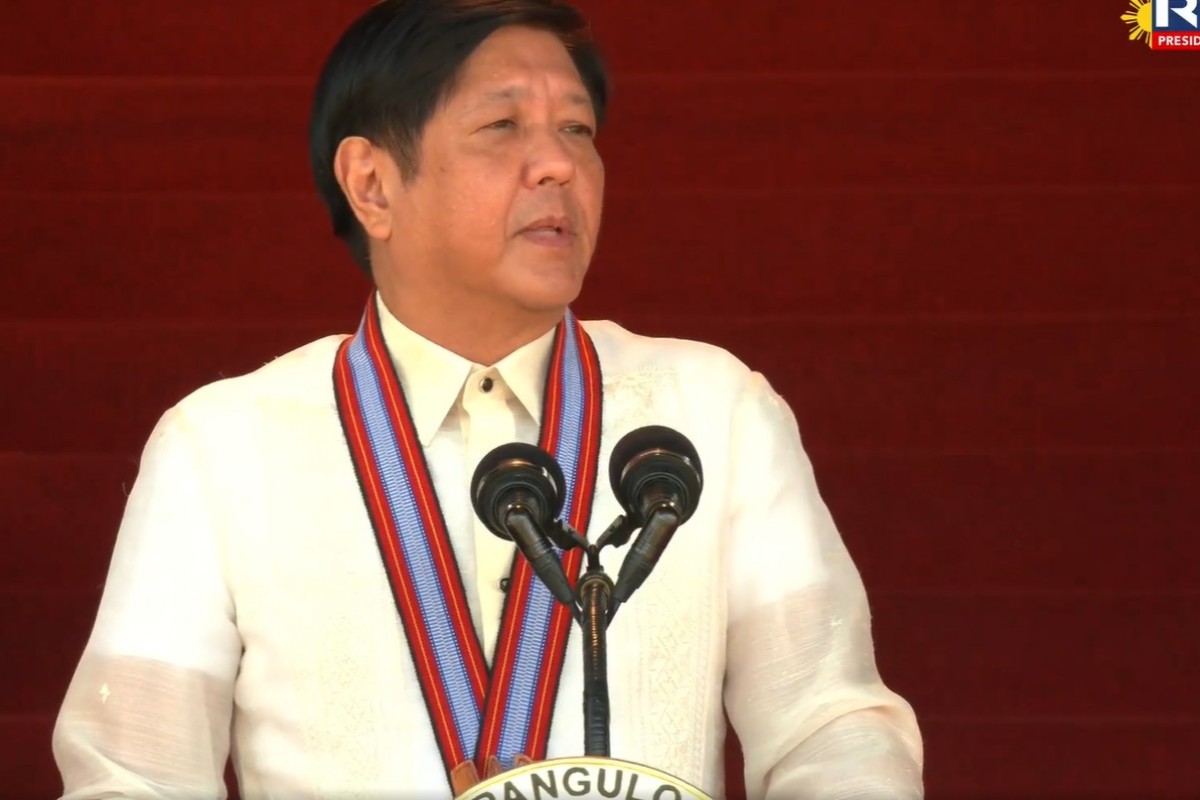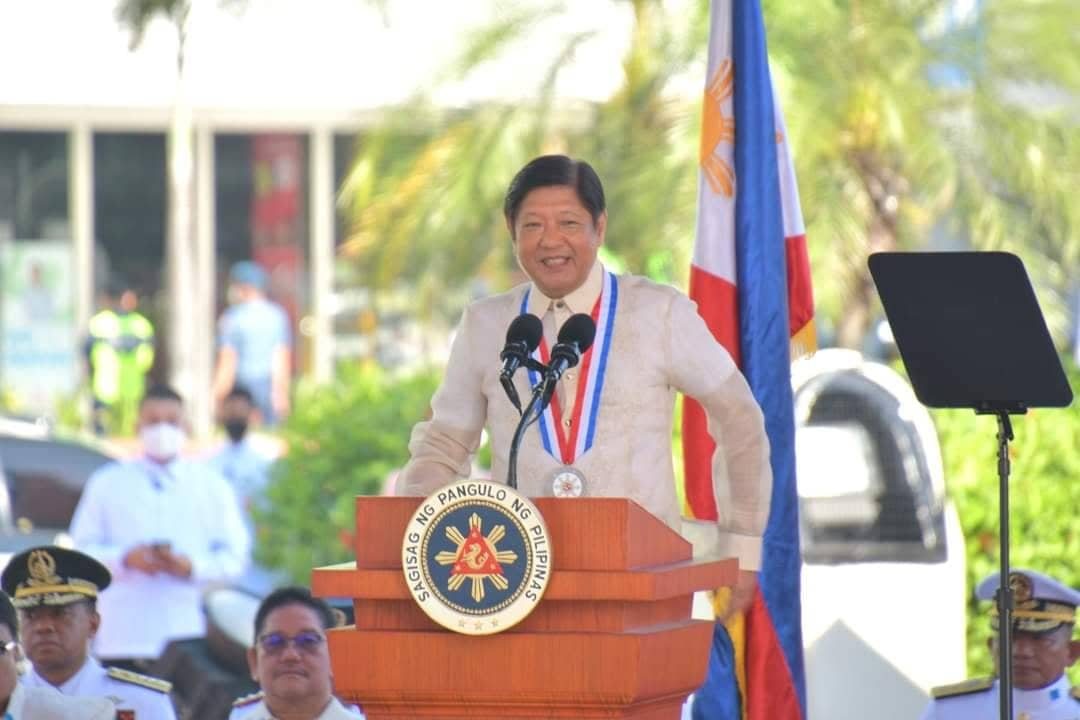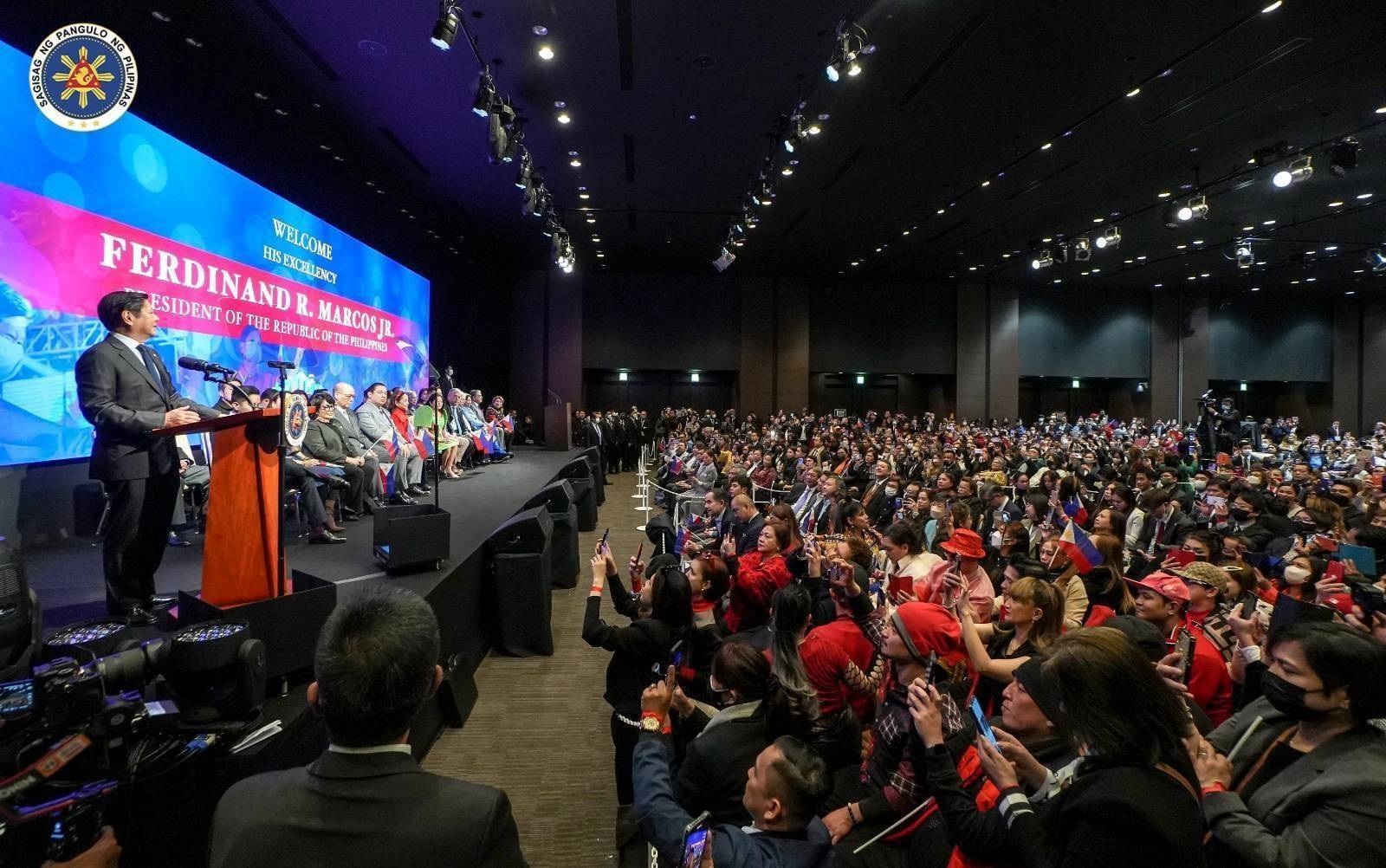QUEZON CITY (PIA) -- President Ferdinand R. Marcos Jr. remains firm in his stand that it will not allow the International Criminal Court (ICC) to investigate the ‘war on drugs’ of his predecessor.
This after the ICC authorized Special Prosecutor Karim Khan last January to resume the investigation into the reported killings in line with the drug war of former President Rodrigo Duterte claiming that it was “not satisfied that the Philippines is undertaking relevant investigations”, warranting a deferral of the court’s investigations.
The Chief Executive has pointed out that ICC has no jurisdiction over the Philippines and it should let the Philippines resolve the issue under its well-functioning justice system.
“My position hasn’t changed and I have stated it often even before I took office as President that there are many questions about their jurisdiction and what we in the Philippines regard as an intrusion into our internal matters and a threat to our sovereignty,” President Marcos said.
Previously, the Department of Justice also expressed its disapproval of the resumption of the investigation because the Philippines has a working justice system and has the ability to prosecute those who are accountable.
“[W]e are doing a genuine investigation on the killings from 2016 up to 2019 or even up to the end, 2022. If there’s a working justice system then the ICC cannot come in, and supplant or substitute our working justice system with their own; dahil gumagana naman,” DOJ Justice Assistant Secretary Mico Clavano explained.
Under international law, the “complementarity principle is observed, which means that the ICC, or any international court can only come in if a particular country doesn’t have the capability to investigate or is unwilling to do an investigation.”
But the current administration is already investigating the Duterte administration’s anti-narcotics campaign and is “closely studying the procedures and ways how to address the matter.”
“[I] do not see what their jurisdiction is. I feel that we have in our police, in our judiciary, a good system. We do not need assistance from any outside entity,” the President pointed out.
Previously, Pres. Marcos has also declared that the Philippines would not restore the country’s membership in the International Criminal Court (ICC) after cutting ties in 2019.
In March 2018, former President Rodrigo Duterte ordered the Philippines’ withdrawal from the Rome Statute just weeks after former ICC chief prosecutor Fatou Bensouda announced a preliminary examination was underway into the administration’s illegal drugs crackdown.
The Philippines officially cut ties with the international court on March 17, 2019, exactly a year after the Rome Statute’s revocation.
Amidst the ‘war on drugs’ probe, President Marcos says he wants a holistic approach to dealing with the drug menace. But the relentless crackdown on high-value targets and big-time suspects will continue.
The anti-narcotics campaign under his term will be less bloody and focus on a more holistic approach. The Philippine Drug Enforcement Agency’s (PDEA) efforts will be anchored to the Barangay Drug Clearing Program (BDCP) while integrating therein the supply reduction and demand reduction efforts of the agency.
Meanwhile, the Department of the Interior and Local Government (DILG) also renewed its call for local chief executives (LCEs) to help strengthen Barangay Anti-Drug Abuse Councils (BADACs) in their respective jurisdictions as the government looks to sustain the campaign against illegal drugs.
The Marcos administration is committed to putting up mechanisms to continually eliminate illegal drugs and improve the country’s peace and order environment. (KSAA – PIA CPSD)





